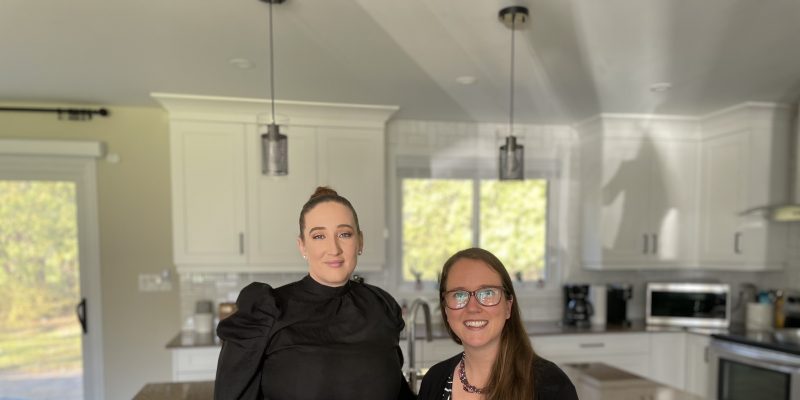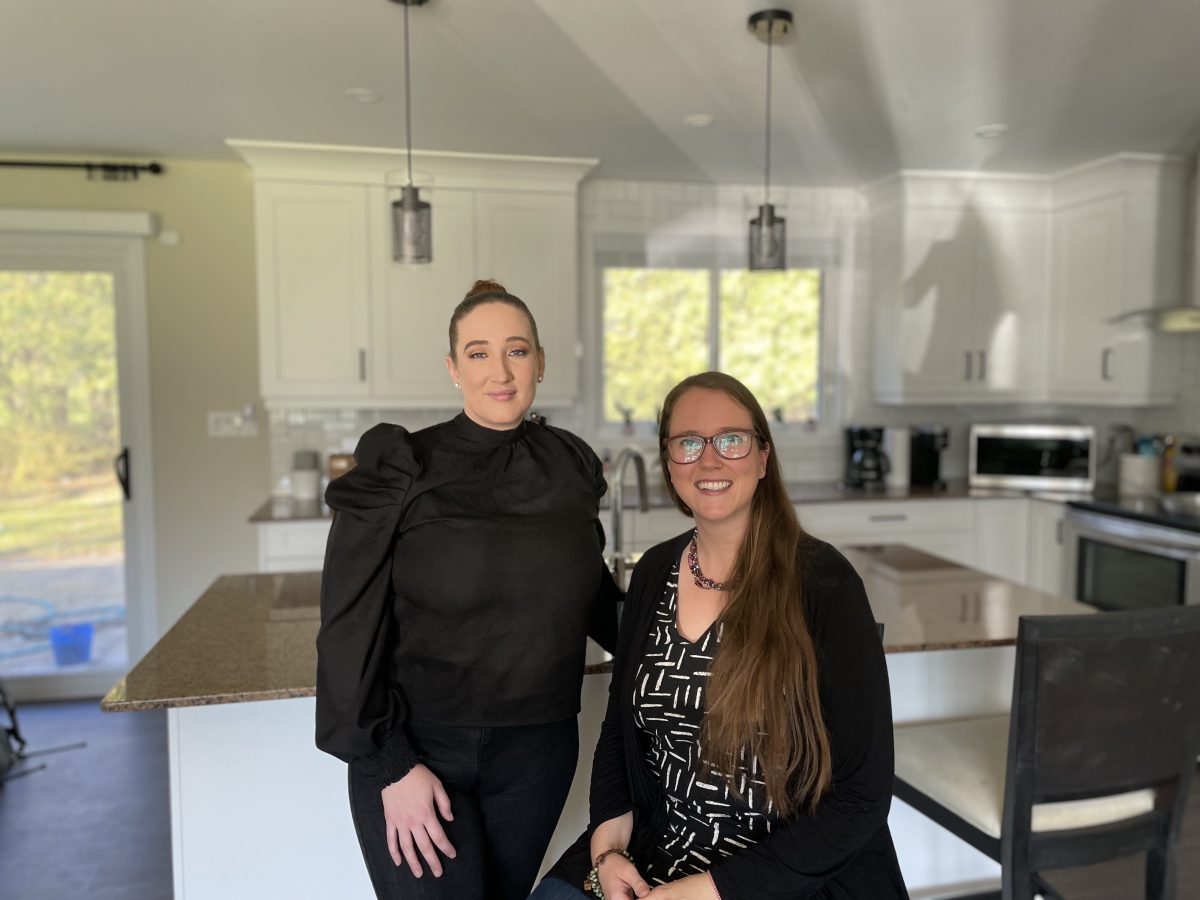By Danielle Leonard
A new beacon of hope has been built in Halton that helps survivors of human trafficking and sexual exploitation heal and recover from the trauma of their experiences in a safe and stable environment. Charitable organization, Restorations, recently completed the renovation of a charming home that will provide full-time housing as well as holistic services and supports for victims of human trafficking.
A crime that often goes unseen, human trafficking is prevalent in all communities, including Halton, and is becoming increasingly difficult to track and eradicate as digital technology grow more pervasive. Peer advocate and outreach facilitator for Restorations, Michelle Furgiuele says, “This issue is growing now that we have technology that is ever evolving. Recruiting victims is easier online, yet harder to track.”
While efforts to prevent human trafficking as well as support victims who fall prey to it continue to expand, there was one important piece missing from the support systems in place – housing for survivors. In 2013, Restorations executive director, Jennifer Lucking, was part of a group that met in the home of a living room and founded the organization.
“I had experience with providing first response supports, working with those who were escaping trafficking and it was difficult to work with survivors and say there’s life on the other side, then try to find long term supports and housing solutions,” says Lucking. “There was nothing that met the specific needs of trafficked individuals, and that’s why I felt called to this.”
The home, which needed massive renovations when it was first leased, has been transformed thanks to the remarkable generosity of local businesses who donated time, resources and expertise. The house is a bright space with big windows facing the front of the home that resides on a quiet road and is surrounded by nature. The interior boasts contemporary and relaxing vibe. Three bedrooms are upstairs for the three residents who will be living there full-time. An office on the lower level is set up for staff.
An essential mission of Restorations is to provide each resident with services to help her re-integrate back into society. Unlike a safe house that provides immediate short-term shelter for those in crisis, Restorations’ home is a second stage home. Its residents are referred there once they have committed to staying away from exploitation – unfortunately, sex trafficked victims often return to their circumstances several times before staying away for good.
“The biggest challenge is overcoming emotional and relational attachments to their exploiter, but a lot of other reasons they return can be addressed by long term support,” says Jennifer. The transitional home – a first in this community – is filling a gap in the survivor’s healing journey.
“It’s hard to get other pieces of your life together when you’re worried about your shelter day in and day out,” adds Michelle who is, herself, a survivor. “There are a lot of services that need to be provided to reintegrate a survivor into society and along the healing journey.” A survivor can live in the home for up to two years, during which time she will receive custom supports and services individualized to her needs and goals, such as education, trauma-informed counselling and job skills preparation and readiness – mainly delivered in community partnerships.
Given the specialized needs of the victims, Restorations plans to provide 24/7 staff to ensure around-the-clock availability. For now, as they await much needed additional funding, the home will open with daytime staff only and an on-call person through the nights. While the tremendous support of the community to renovate the home has been extraordinary, Jennifer says their next hurdle is to hire a program manager to lead the case management of each resident and build relationships with services in the community – a valuable role that is urgently needed. More funds will also enable Restorations to hire two more support workers in the home.
Restorations has additionally begun an outreach program called Peer Support Program. It’s a virtual group connecting survivors to one another that helps support those early in their healing journey in a safe secure place. With a waiting list of referrals to the Restorations home already underway, the Peer Support Program is a way to support far more survivors than those living in the home.
The journey of healing is an ongoing experience. Says Michelle, “I think it will be a forever process and we will see people flourish and grow and hopefully, work to eradicate this issue completely.”

